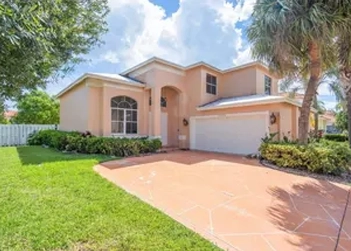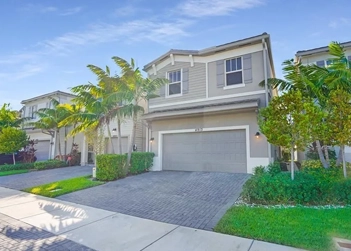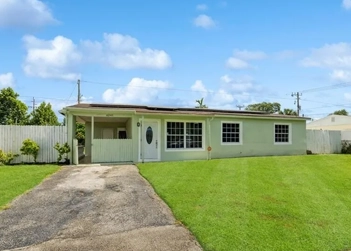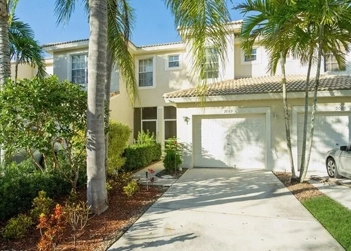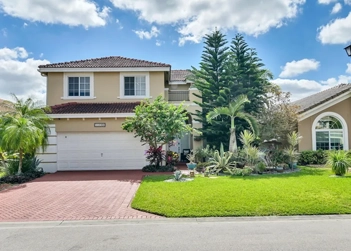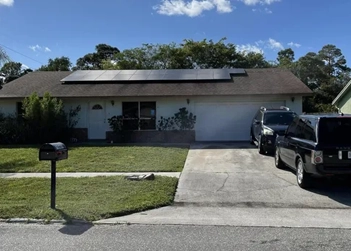Welcome to
FLORIDA DREAM HOME PRO

Mortgage Calculator
MORTGAGE CALCULATOR
Lorem ipsum dolor sit amet, wisi nemore fastidiiequidem admodum
SCHEDULE A TOUR FORM
Lorem ipsum dolor sit amet, wisi nemore fastidiiequidem admodum

Our Services

4
Property Management
We have many years of experience buying, selling, leasing and managing residential

5
Mortgage
Buying a home is an exciting experience, but it can be one of the most challenging

6
Vacation Home Rentals
One of the most important benefits of vacation rental homes is that they offer

Our choice of popular real estate
Frequently Asked Questions
This frequently asked question cannot be answered with a simple or general answer. Every real estate market is different, therefore, the best time to sell a home will be different from real estate community to real estate community. In most cases, the spring months are the best time to be selling a home. The spring months will vary from community to community.
Since every home seller’s situation is different, you should discuss the timing of your home sale with your Realtor. In some cases, selling a home during the fall and winter months actually maybe better than waiting until the spring real estate market. This is due to a combination of many factors including lower competition and that serious buyer’s are always looking for a home, just to mention a couple factors.
A frequently asked question from home sellers before listing their home for sale is related to the local real estate market. There are many market indicators that a top producing Realtor should be able to share with you to help explain the condition of the local real estate market. One of the most important indicators on market conditions is average days on the market. The average days on market can indicate to a seller how quickly homes are selling when listed for sale.
Other examples of market condition indicators that a top producing Realtor will provide a home seller before listing their home include market absorption rates, number of closed transactions year-over-year for a given month, average sale prices, and average list price to sale price ratios.
This frequently asked question can be answered very easily. The list price is the price a home is currently listed for sale at. The sale price is the price a home is sold at. A top Realtor should be able to suggest a list price that ends up being very close to the final sale price.
This frequently asked question often leads to a common pricing mistake that sellers make. Many sellers believe they should price their home $5,000 higher than what a top Realtor suggests to leave room for negotiations and low-ball offers. A well-priced home will sell quickly and will sell for close to the listing price. There is no need to leave room for negotiations, as today’s home buyers are very well educated. A seller who prices their home high to leave room for negotiations can actually be costing themselves more money than if they price it to reflect the suggested market value.
Depending on what type of financing the potential purchaser is obtaining, the option to receive seller concessions may or may not exist. There are many home buyer’s in the marketplace with impeccable credit scores and solid jobs but are short on the money required to purchase a home. Seller concessions allow a home owner to contribute a percentage or dollar amount towards a buyer’s closing costs and/or pre-paid items. For example, a buyer who qualifies for an FHA mortgage can receive up to 6% of the purchase price towards their closing costs. This can be a significant amount of money and can be the difference of a buyer being able to afford a home or not or the seller being able to sell their home!
There are several things you need to know before listing your home for sale! A frequently asked question from home sellers before listing is what steps should be taken before listing their home. Not properly preparing a home for sale can put a home owner at a huge disadvantage.
The expression “You never get a second chance to make a first impression” is absolutely true when it comes to selling a home. When selling a home, you must be sure that your home presents itself in the best possible light. Making sure clutter is at a minimum, freshly painting rooms, installing new carpeting, or ensuring odors are non-existent are just a handful of things that should be done before listing your home for sale.
When selling a home, it’s important you disclose to potential buyers anything you are aware of in your home. Nobody likes “getting the raw end of a deal” when it comes to buying a home, car, or anything for that matter. If you’re aware of defects with a roof, appliance, or home in general, you’re always going to be better off being honest and upfront. If you’re aware of defects, whenever possible, fixing them before going on the market is best. This can avoid potential issues and/or lawsuits once your home is under contract, after inspections, and even years after you have sold your home.
There are a handful of methods that Realtors use to determine the value of a home. The most common method to determining the value of a home is by completing a comparative market analysis. A comparative market analysis is an in-depth evaluation of recently sold “comparable” homes in the past 6-12 months. A comparative market analysis, also known as a “CMA,” isn’t a crystal ball that determines what a home will sell for, however, if performed by a top Realtor, it should greatly narrow the sale price range.
A professionally completed “CMA” will take into account many features of not only a home, but also the local area and neighborhood. Considerations that a professionally completed “CMA” include, but is not limited to:
- Square footage
- Number of bedrooms
- Number of bathrooms
- Upgrades to kitchen
- Window quality
- Roof age
- Lot features
- Location; primary or neighborhood street?
- Style of residence
- Flooring type
Every municipality is different, but in general, when making an improvement or change to a piece of property or land, a certificate of compliance (and/or permit) is required. When selling a home, potential buyers have the right to ask for certificates of compliance for any improvements, such as decks, patios, or sheds. Some buyer’s may not ask for any permits and some may. Technically, you do not need to provide any permits or certificates of compliance, however, you could lose a potential buyer over a simple fence permit.
Some buyers decide when buying a home they would like to find a suitable property before selling their existing home. A sale contingency is a common contingency that sellers see in purchase offers. A sale contingency means that the potential buyer of a home must sell their existing home, before being able to purchase the “new” home.
Most home owners want to know how much their home is worth. This frequently asked question is another one that cannot be answered with a generalized answer. One of the best perks to owning a home is the ability to make it your own and improve it how you’d like. Finding out how much your home is worth is not something that should be done without asking a top local Realtor.
Assessed value is not the same as market value or appraised value. There are many homes that could be sold for significantly more than an assessed value and others that maybe sold for significantly less. The assessed value of a home is used for the purpose of taxes in your local municipality. The assessed value of a home is multiplied by the local tax rate to determine what your yearly taxes are. The assessed value has no impact on how much your home is worth to a potential buyer in the marketplace.
Unfortunately, there are many home buyers who believe that a home that is listed higher than the assessed value is overpriced. This is the furthest from the truth. Home buyer’s also question if something is wrong with a home if the list price is much less than the assessed value. The bottom line is the assessed value has no impact on how much your home is worth. There are home owners who don’t pay attention to their assessed value, just to find out their municipality has been slowly raising it, year after year, even though the market value hasn’t been increasing.
The answer to this frequently asked question is NO! Anyone who has bought a home, sold a home, or just looked at homes, has heard of websites such as Zillow and Trulia. These are also commonly referred to as third party real estate websites. Third party real estate websites are not local to every real estate market.
These third party real estate websites provide estimates of home values for practically any home in the United States. How is it possible that a third-party website that is headquartered in California or Colorado can provide an accurate home value for a home located in Fort Lauderdale, FL? It’s not! These third-party websites, such as Zillow and Trulia, use computer generated home values based on calculations and formulas.
These websites providing inaccurate estimates (or “Zestimates”) can create a false sense of hope and lead to frustration. A home seller who is told their home is worth $20,000 less than the online estimate is going to be understandably upset. It’s critical that when selling a home, the value is determined by a top Realtor in your local area, not an internet website!
When selling a home, it’s best to think of any decision as a business decision rather than an emotional one. Low ball offers still happen, unfortunately. Dealing with low ball offers can sometimes lead to the sale of a home, if handled properly. The worse decision you can make if you receive a low-ball offer is not responding. Some home owners are so upset they decide they do not want to respond to a low-ball offer, which ultimately ends any potential chance for a deal. A counter offer, even if it’s close to the list price, is better than letting a potential buyer walk!
Inspections are another common contingency that buyer’s make their purchase offers subject to. There are many different types of inspections and tests that a buyer has the right to perform. In most cases, inspections are at the expense of the buyer. They have a specified number of days to complete the inspections and also a specified number of days to either remove the inspection contingencies or request the seller address findings from the inspections.








